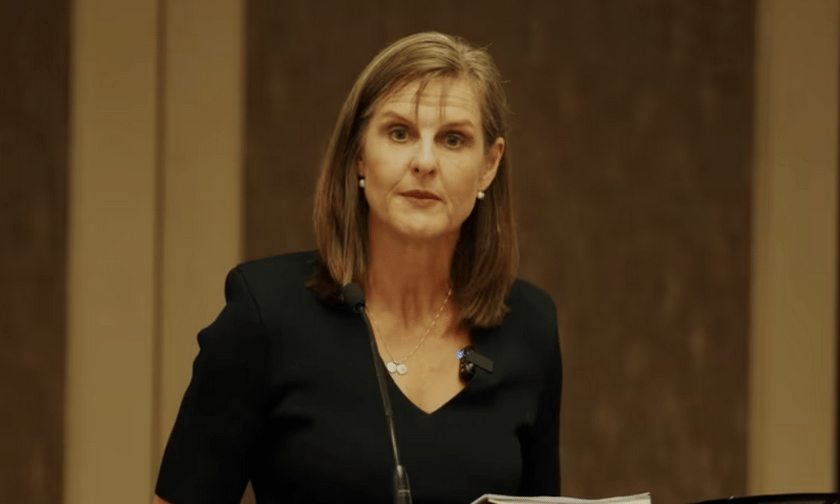

Private health insurers in Australia are facing a period of uncertainty as rising healthcare costs, shifting demographics, and evolving consumer expectations reshape the sector, according to Australian Prudential Regulation Authority (APRA) executive board member Suzanne Smith (pictured).
Speaking at the Members Health Directors’ Professional Development Program, Smith outlined key risks for insurers and called on boards to strengthen oversight, strategic planning, and governance to ensure long-term sustainability.
“The industry’s vital signs have continued to improve; however, we can also see it is experiencing significant change and faces a range of immediate and longer-term challenges,” she said.
Smith pointed to the sector’s strong financial position, with net insurance margins stabilising at around 5% and investment earnings accounting for nearly 4% of premium revenue in the 2024 financial year. Private health coverage has also increased, with almost 15 million Australians holding policies as of September 2024.
However, she warned that rising healthcare costs are a growing concern. In the 2024 financial year, hospital and medical inflation reached 6.7% – almost double the national inflation rate of 3.8%. This has widened the gap between healthcare expenses and premium growth, leading to ongoing tensions between insurers and healthcare providers.
Additionally, Australia’s ageing population is placing increasing pressure on the community-rated insurance model. The ratio of adults under 65 to those over 65 has dropped to 2.6 to 1, compared to 4.6 to 1 two decades ago.
At the same time, policyholders are adjusting their coverage in response to cost-of-living pressures. Many are opting for higher excesses or reducing their level of cover, even as expectations for digital services and expanded insurer involvement in healthcare continue to grow.
“I want to stress that CPS 220 is the foundation for CPS 230, the new operational risk management standard, which will come into force mid-year. This standard is to ensure organisations can maintain critical operations throughout disruptions,” she said.
Cybersecurity remains a key concern, with APRA’s tripartite cyber resilience reviews identifying weaknesses in data protection and incident response planning. Smith noted that insurers, as custodians of sensitive policyholder information, are prime targets for cyber threats and must strengthen their defences.
The upcoming extension of the Financial Accountability Regime (FAR) to insurers in March will also place additional obligations on directors and senior executives, reinforcing individual accountability for governance and compliance.
Smith emphasised that directors play a crucial role in ensuring their organisations are equipped to manage financial and operational risks.
“To be blunt, you need to ask yourself whether you’re willing to commit the time and energy that is required to run this race,” she said. “You and your fellow board members should also have honest conversations about whether you have the right people, skills, and processes in place to navigate the challenges of today and tomorrow.”
APRA is currently reviewing governance standards across all regulated industries, with a discussion paper set for release in the coming months.
Looking ahead, Smith urged insurers to assess their long-term business models and consider how they will remain viable in an evolving landscape. She pointed to CPS 190 (Recovery and Exit Planning), which requires insurers to prepare for worst-case scenarios.
She noted that some insurers have taken a more detailed approach to stress-testing their resilience and exploring exit strategies – the kind of planning deemed critical for managing risk and ensuring sustainability.
In closing, Smith encouraged directors to critically assess their role in shaping organisational strategy and overseeing risk. She emphasised that directors must actively challenge management, ensure access to reliable data, and be willing to adapt governance practices to meet emerging challenges.
“As you hopefully embrace this period of opportunity, I recommend that you focus on your financial and operational strengths, as well as your resilience. This is a baseline expectation,” she said.
APRA intends to work closely with insurers throughout the year, focusing on governance, risk management, and financial resilience.
“APRA looks forward to working with you in the year ahead. We will continue to challenge you – constructively – in ensuring you’re able to meet your obligations and continue meeting your policyholders’ needs for many years to come,” Smith said.
